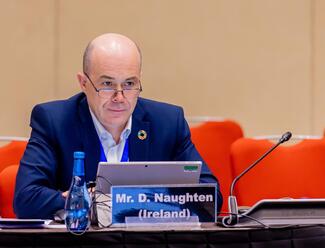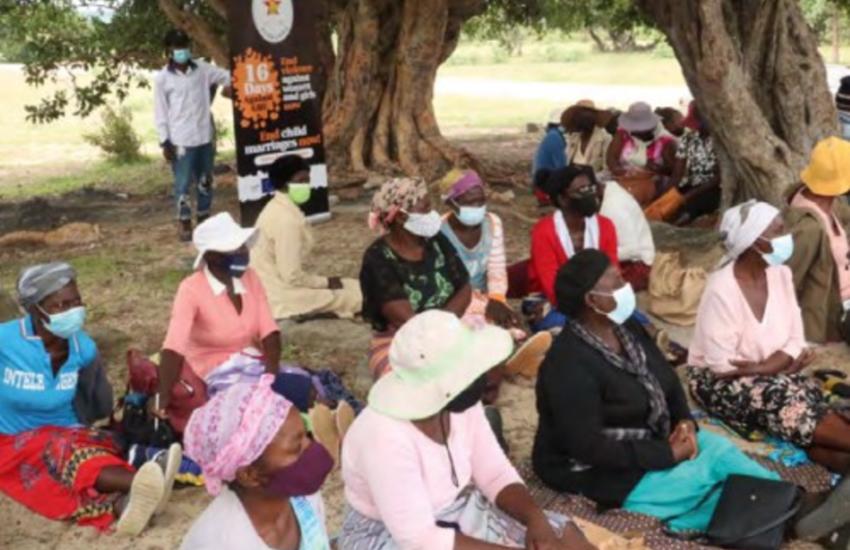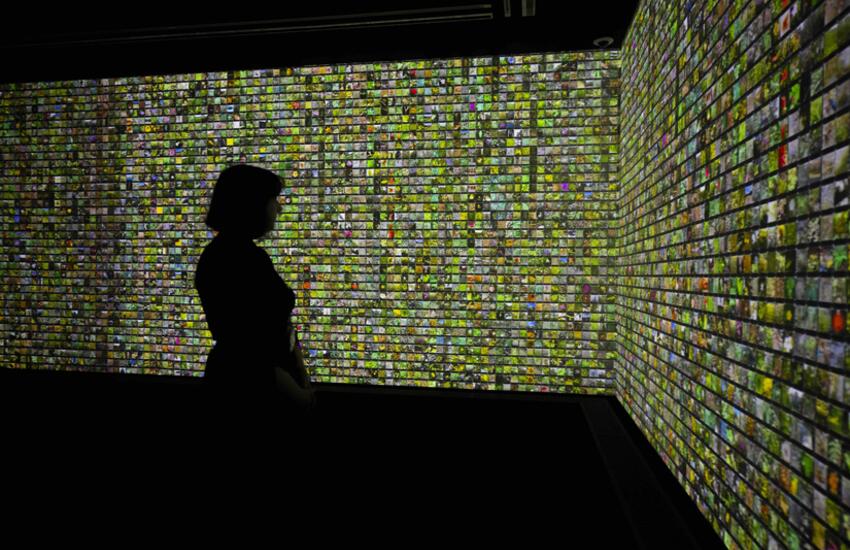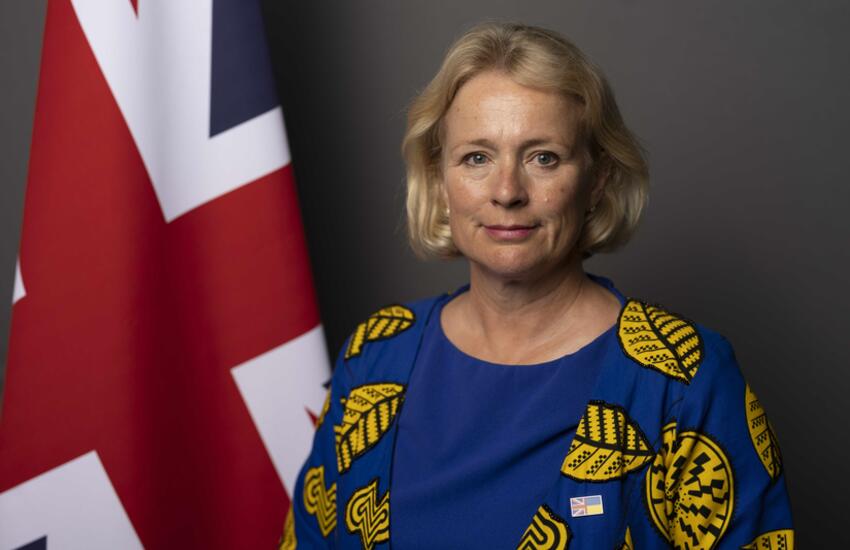The rapid evolution of artificial intelligence (AI) has prompted many experts to warn about its impacts on democracy. With that in mind, the IPU is preparing a series of five articles on the topic. In this second piece, the IPU asks Denis Naughten, Chair of the IPU’s Working Group on Science and Technology, what advice he would have for parliamentarians around the world.
A member of Ireland’s Parliament since 1997, Denis Naughten took on his role as Chair of the IPU Working Group with significant experience already under his belt. His country hosts the European headquarters of several large tech firms – including Google, Apple and Facebook – and has one of Europe’s most advanced digital economies. As Ireland’s Minister of Communications between 2016 and 2018, his remit included the digital economy.
While he understands the worries about AI, Naughten says we must also recognize the opportunities.
“AI is being covered in the media very much as a threat, an existential threat,” he says. “We need to have a balance.”
For medicine, AI could bring about rapid diagnosis, powerful new drugs, and even medical devices to help people overcome their disabilities. Or it could result in new foods to protect citizens from COVID or Ebola or any other disease.
The challenge is to balance the opportunities like these with the dangers of a situation where computers are making all the decisions.
“We need to build in human checks and balances,” he says.
Technology and innovation often move too fast for legislation to keep up. When Naughten was a government minister, online bullying and harassment had become a major issue, especially for the younger generations. But it was hard to keep up when social media was changing so fast.
Naughten says that the Irish Parliament developed a set of principles and appointed a new Online Safety Commissioner, with powers to regulate, but also the flexibility to adapt as social media changed.
EUROPEAN EXPERIENCE
The IPU’s Working Group has been developing an International Charter on the Ethics of Science and Technology, aimed at ensuring that the development and use of science and technology proceed in a responsible and sustainable manner. The Charter will provide parliaments with a set of principles and values to guide their legislation.
Naughten says he expects the Charter will be presented at the next IPU Assembly in Angola but the process may take a little more time. The next question is how the IPU can help countries to use the Charter.
“We need to develop standards, but we also need to give capacity to countries to develop those standards,” he says. “They need resources, capacity and tools.”
For inspiration, Naughten looks to the European Union’s high-level expert group on AI. The group offers seven ethical guidelines for the development of trustworthy AI. Developers and legislators can use these guidelines to check whether their AI legislation or any AI-based applications are fit for purpose.
“Those seven principles look right,” says Naughten. “Parliamentarians need to take that document and use it as a benchmark.”
BETTER COMMUNICATION
Naughten has a scientific background and says parliamentarians and scientists must learn to communicate more effectively. Scientists have plenty of knowledge and wisdom, which parliaments could use better to scrutinize and deliver legislation.
“Scientists and politicians have many things in common,” Naughten says. “We both want to make our society and countries better places to live.”
“The challenge is that they speak different languages,” he adds. The IPU Working Group on Science and Technology is trying to bridge that relationship.
To begin addressing this issue, the IPU is working with parliaments from around the world, including Romania, Slovenia and Malaysia – to engage with academics on a range of different topics, including air quality and energy security too. The engagement will involve advice, discussion and briefing papers, all aiming to produce legislation that is better informed.
“My advice to MPs around the world is to reach out to the scientific community.”
“MPs need to engage with scientists,” he says.
The views and opinions expressed by the parliamentarians in the IPU's voices section are their own and do not necessarily reflect the IPU’s overall position.











